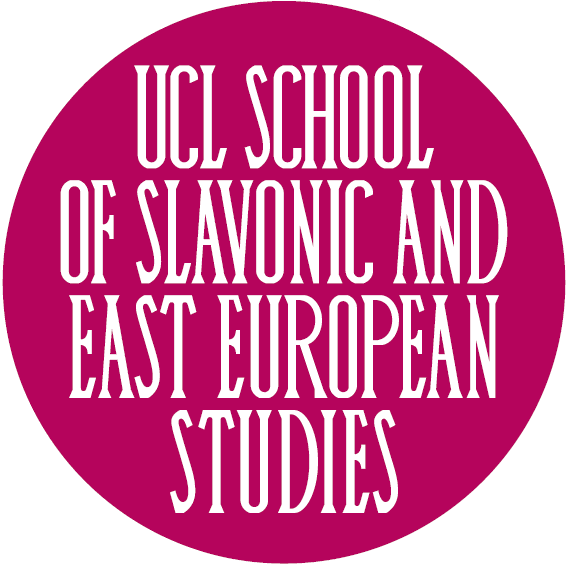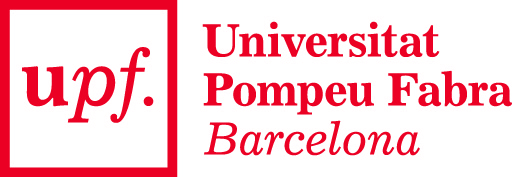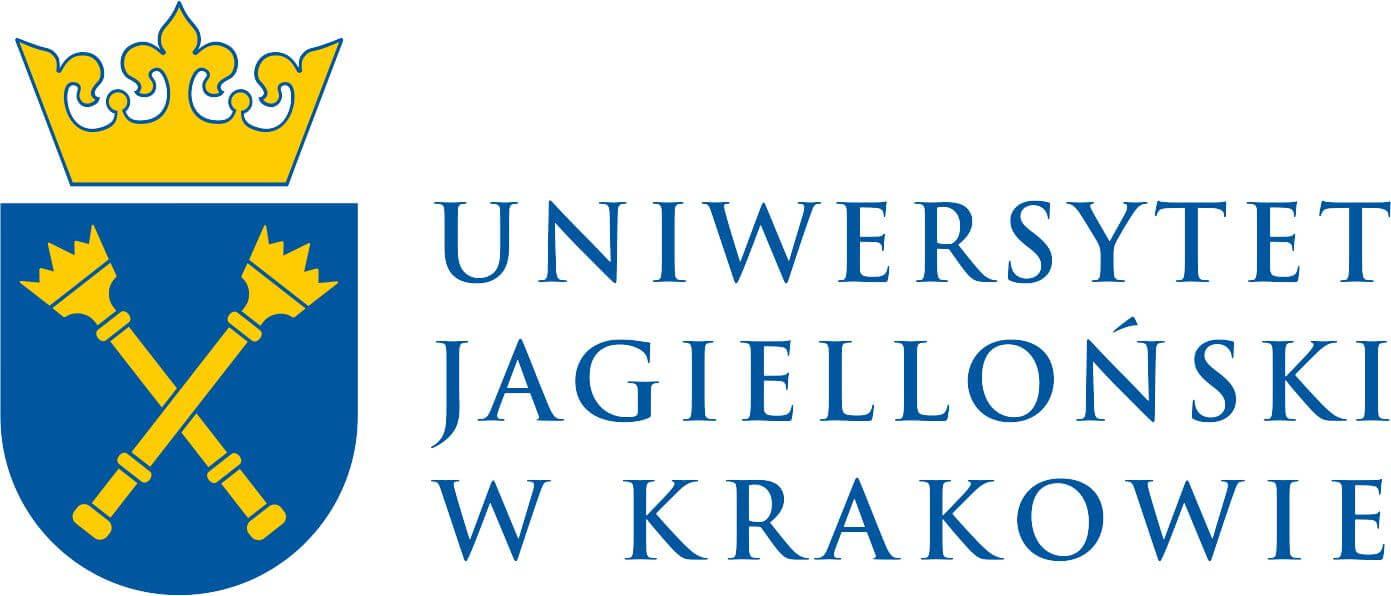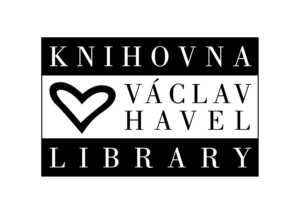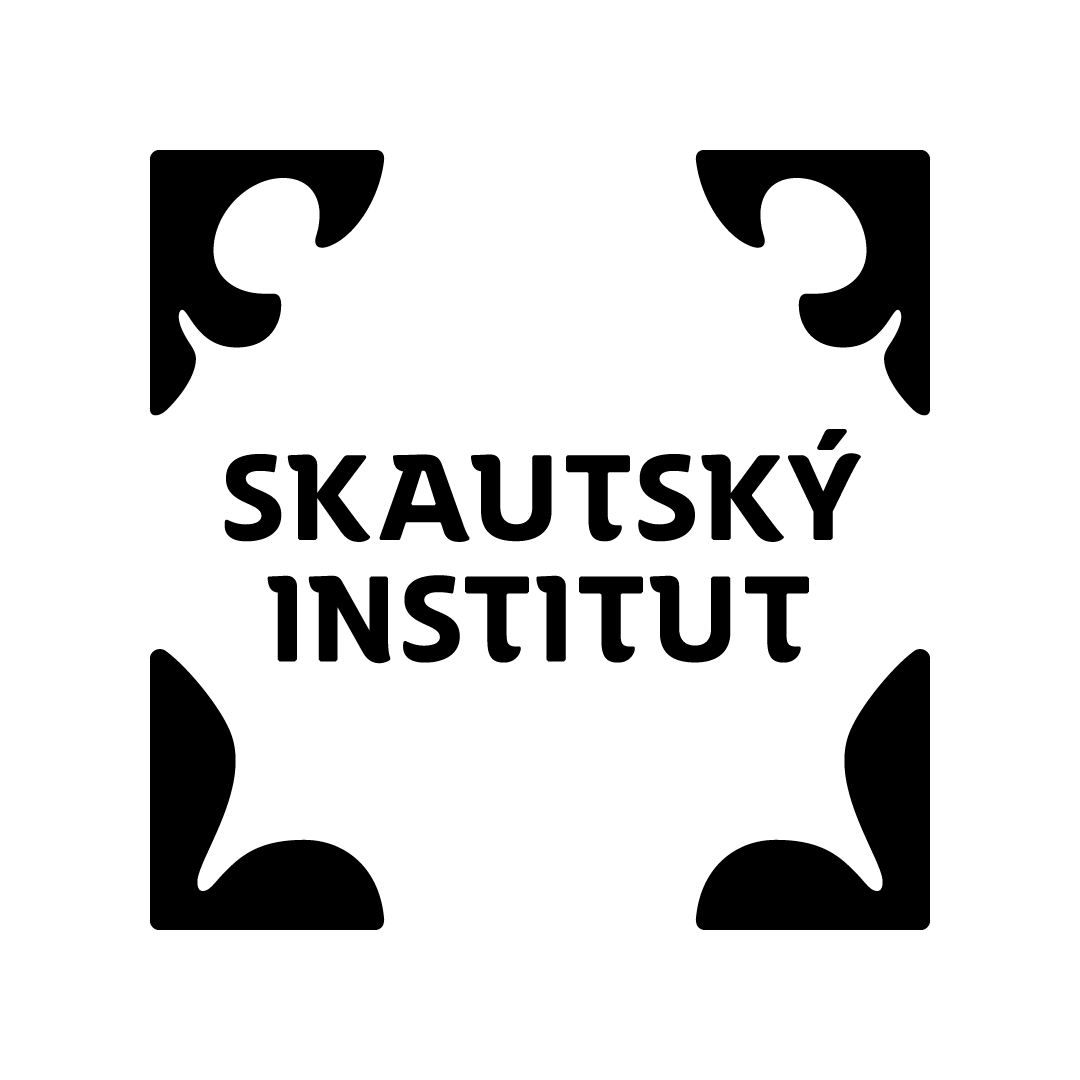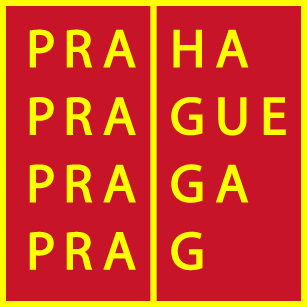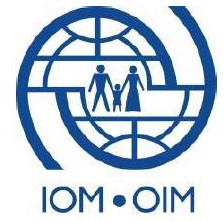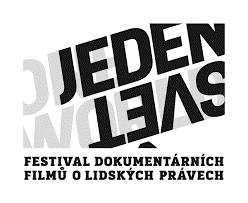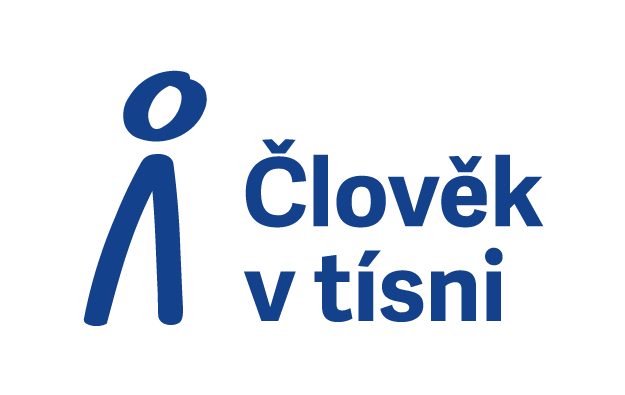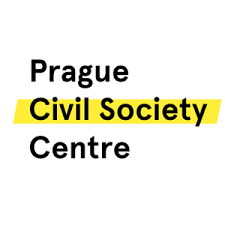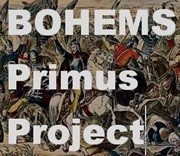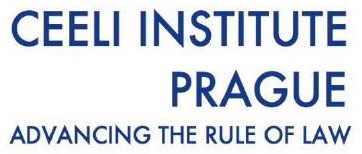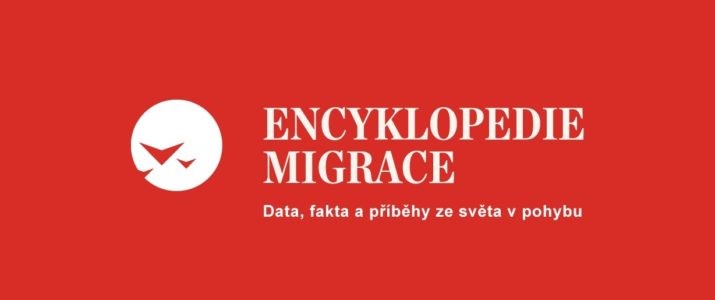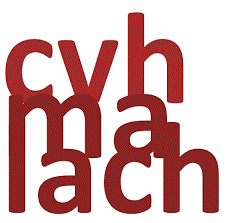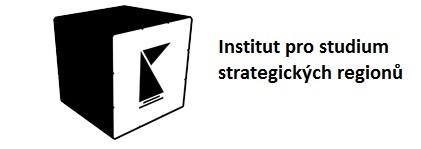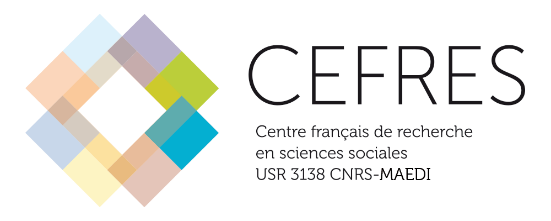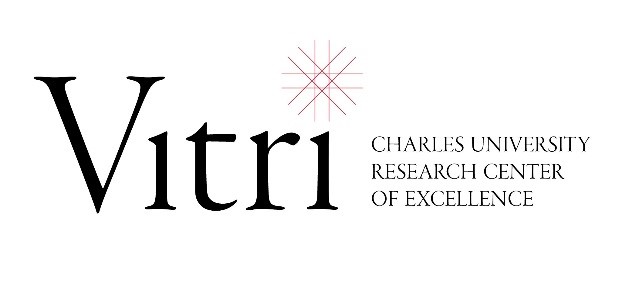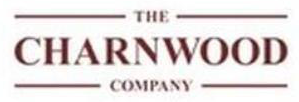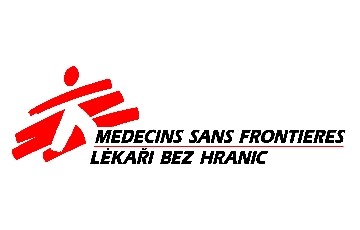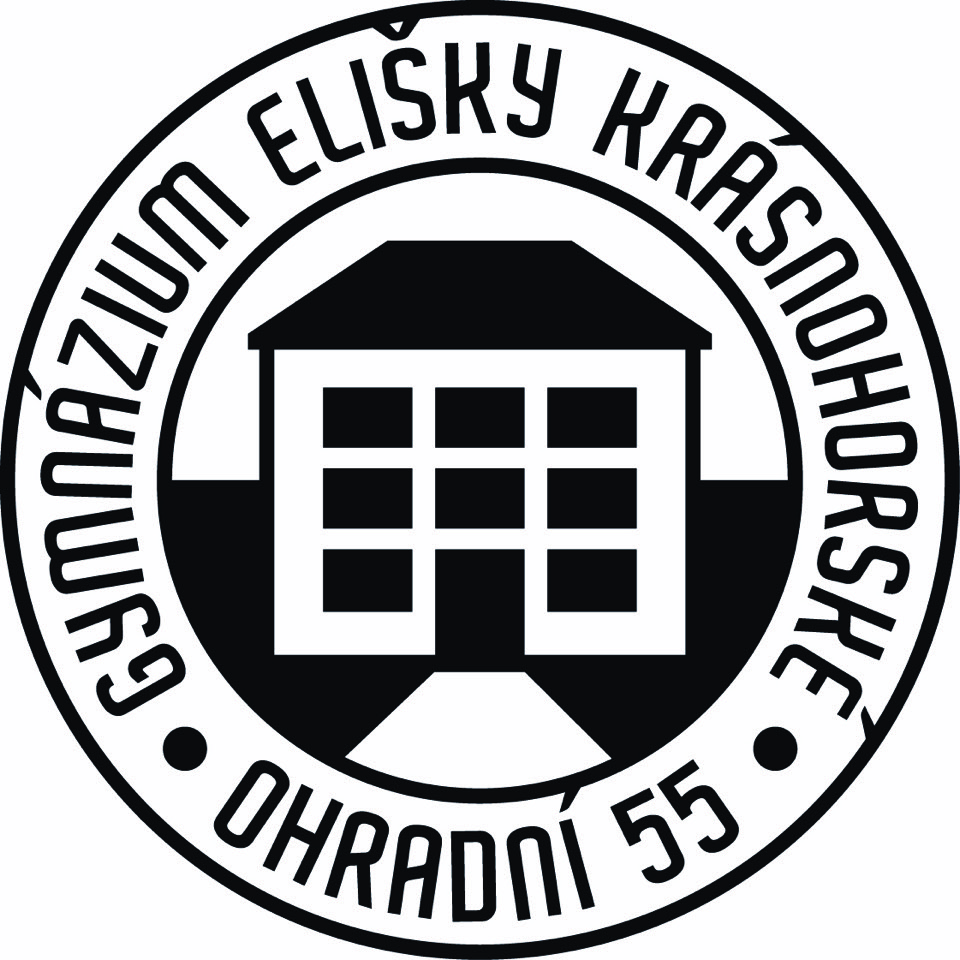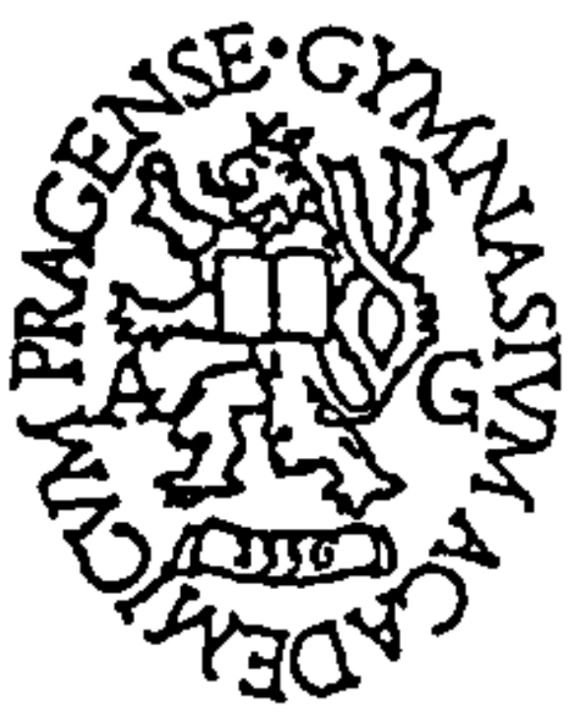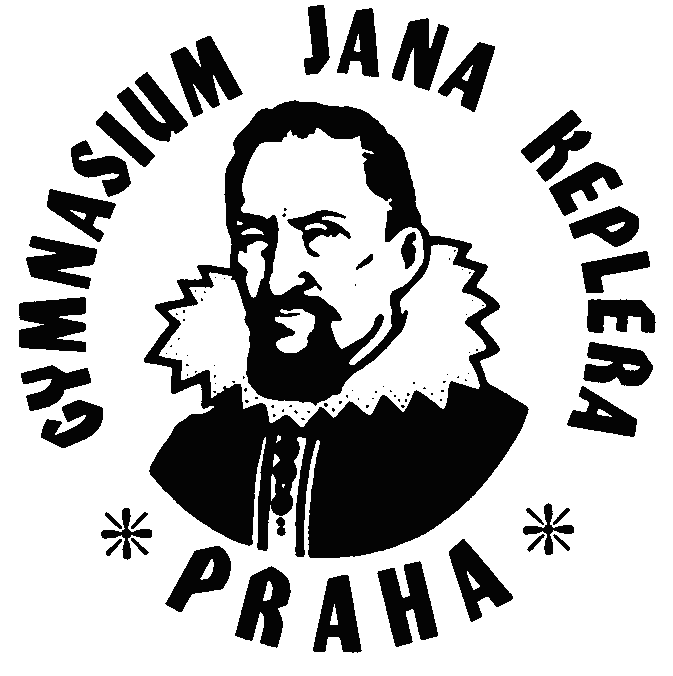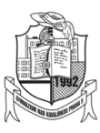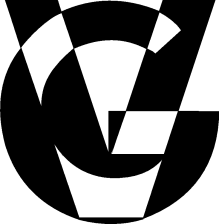Maria Alina Asavei, Ph.D.
Maria Alina Asavei, Ph.D.
|
Position: Assistant Professor Research Interests: arts & politics, cultural and memory studies, critical political theory, (post) communism, religious revitalization movements CONTACT: Office: no. 118, Pekařská 10 Email: maria.asavei@fsv.cuni.cz Office Hours: Monday 12:30 PM - 13:30 PM by email appointment only |
Short biography
Maria-Alina Asavei’s teaching, curatorial practice and research fields revolve arond cultural politics of memory, collective memory, grassroots memorials, political art and aesthetics, historiography, histories and theories of art from Central and South Eastern Europe; receptions of gender theories in Eastern European art history; modern Balkans, culture and ethnicity; Romani studies, heritage studies, historical anthropology; aesthetics of communism (everyday life, strategies of “dropping out”, counter-cultures, sub-cultures, popular culture) and Cultural Legacies and Developments in the Balkans.
Positions
|
(2014 -) |
Russian and East European Studies, International Studies Institute, Faculty of Social Sciences, Charles University, Prague, the Czech Republic Assistant Professor |
|
(2013) |
European Roma Cultural Foundation, Gallery8, Budapest, Hungary Research Fellow and Curator |
|
(2003 - 2006) |
Department of Comparative Literature and Cultural Anthropology, Faculty of Letters and Humanities, ‘Alexandru Ioan Cuza’ University, Iasi, Romania Teaching Assistant |
Education
Central European University, Budapest, Department of Philosophy, Ph.D. in Aesthetics and Philosophy of Art, 2013
Central European University, Budapest, Department of History, Master of Arts (MA) in Cultural History, 2007
‘Alexandru Ioan Cuza’ University, Faculty of Letters and Humanities, Department of Comparative Literature, Iasi, Romania, Master of Arts (MA) in Comparative Literature and Cultural Anthropology, 2003
‘Alexandru Ioan Cuza’ University, Faculty of Letters and Humanities, Department of History, Iasi, Romania, Bachelor of Arts (BA) in Philosophy, 2001
Academic awards
Hanak Prize recipient (2006-2007) for the best MA dissertation (“Rewriting the Canon of Visual Arts in Communist Romania”) awarded by the History Department, Central European University, Budapest, Hungary: https://history.ceu.edu/hanakprizewinners
Research grants
Primus Research Project (Primus/HUM/12, Charles University, 2017-2019)
Project title: ‘Beyond Hegemonic Narratives and Myths: Troubled Pasts in the History and Memory of East-Central & South-East Europe’. Principal Investigator: Katerina Kralova.
Senior Investigator
Charles University Prague (2015 –2017)
Research project’s title: Communism, Holocaust: Towards a Critical Culture of Remembrance in Eastern Europe.
Post-Doctoral Researcher
Central European University Foundation, Budapest, Hungary, 2013. Write-Up Grant
Research project: “Political-Critical Art and the Aesthetics”
Research fellowships
Fordham University, Orthodox Christian Studies Center, New York, USA
National Endowment for the Humanities (NEH) Fellow, , research project: “Political Resistance through Religious Neo-Orthodox Art in (Post) - Communist Romania,” 2018-2019. https://www.fordham.edu/info/26507/neh_fellowships.
City University of New York (Queens College), New York City, USA
Honorary Research Fellow, 2011
European Roma Cultural Foundation, Gallery8, Budapest, Hungary
Fellow, 2013
ARCS Residential Fellowships for South-Eastern European Scholars, American Research Centre, Sofia, Bulgaria
Research Fellow, research on Cultures of Resistance in the Balkans: Folk Arts and Visual Politics, 2014
Recent conferences
1. Convener of the panel: Re-thinking Political Agency, Identity and History through Art (Panel 338, Oslo, 9 September 2017) and Co-Chair of the panel: Arts and Politics: Resistance and/or Complicity to Past and Present Injustices (Panel 019, the European 2. Consortium for Political Research, General Conference, Oslo 2017, 9 September 2017)
2. “Spaced Memory: The Artistic Memory of the Jewish Sites that no Longer Exist in South-East Europe,” Les Conflicts de Mémoire: Arts, Histoire, Commémorations, Université du Maine, Le Mans (France), 6-7 April, 2017.
3. "Beyond Nationalist Ideologies: Transnational Artistic Memory of Mass Violence against Women", International Cultural Responses to Wartime Rape at Maynooth University in Ireland, 20-21 June 2017.
4. "Performing History and Living Memory in Recent International Art Exhibitions in Romania" for the international workshop Stepping Back in Time. Living History and Other Performative Approaches to History in Central and South-Eastern Europe. The workshop was organized by German Historical Institute Warsaw and Imre Kertész Kolleg Jena in Warsaw on 23-24 February 2017.
5. ‘Reading the Image of “the Balkans” through the Lens of the Cultural Borders and Beyond: Large Scale (Transnational) Exhibitions from/on “the Balkans”’, Transnationalism(s): Contexts, Patterns and Connections in Central and Eastern Europe and in the Former Soviet Union, University College London (UCL), 19-21 February 2016.
6. ‘The Art and Politics of Imagination: Remembering Mass Violence against Women’, session Imagining Violence: The Politics of Narrative and Representation (organized by Mihaela Mihai and Mathias Thaler), European Consortium for Political Research (ECPR), Joint Sessions, Pisa, 24-28 April 2016
Memberships
- The ‘Standing Group on Art and Politics’, ‘European Consortium for Political Research’.
- ‘European Academic Network on Romani Studies’, Council of Europe, http://www.coe.int/t/dg4/cultureheritage/culture/romastudies/Default_en.asp.
- PolArts (Politics and the Arts Research Group), University of Jyväskylä, Finland https://www.jyu.fi/ytk/laitokset/yfi/en/research/projects/research-groups/polarts/people/asavei-maria-alina.
Selected publications
1. Asavei, Maria-Alina (2018) Aesthetics, Disinterestedness and Effectiveness in Political Art, Lanham: Lexington Books (Rowman & Littlefield), 204 p (book)
2. Asavei, Maria-Alina (2017) “Call the Witness”: Romani Holocaust Related Art in Austria and Marika Schmiedt’s Will to Memory, Memory Studies (Sage), http://journals.sagepub.com/doi/abs/10.1177/1750698017741929.
3. Asavei, Maria-Alina (2017) ‘Art and Religious Revitalisation Movements in Post-Communist Romania: the Zidarus’Case’, Politics, Religion & Ideology, Vol.18 (2): 157-174
Link: http://www.tandfonline.com/doi/full/10.1080/21567689.2017.1327853
4. Asavei, Maria-Alina and Jiri Kocian (2017) ‘Gendered Histories/Memories of Labour in (Post-) Communist Romania and Former Czechoslovakia Illuminated through Artistic Production’, Analize: Journal of Gender and Feminist Studies, 8 (22), 9-37.
Link: http://www.analize-journal.ro/library/files/numarul_8/8_1_maria_asavei,_jiri_kocian_9-37.pdf.
5. Asavei, Maria-Alina (2016). ‘Art and “Madness”: Weapons of the Marginal during Socialism in Eastern Europe’, in Josie McLellan and Juliane Fürst (eds.), Dropping out of Socialism: the Creation of Alternative Spheres in the Soviet Bloc, Lanham: Lexington Books, Rowman & Littlefield, 63-83.
Link: https://rowman.com/ISBN/9781498525145/Dropping-out-of-Socialism-The-Creation-of-Alternative-Spheres-in-the-Soviet-Bloc.
6. Asavei, Maria-Alina (2016). ‘Nicolae Ceausescu: between Vernacular Memory and Nostalgia’, Twentieth Century Communism: A Journal of International History, 11 (11): 27-42 [special issue ‘Memory and Nostalgia’, ed. Gavin Bowd].
Link: https://www.lwbooks.co.uk/sites/default/files/tcc11_03asavei.pdf.
7. Asavei, Maria-Alina (2015). ‘Visual Chronicles from the Balkans and Central Europe: Samplers Remembered’, Journal of Ethnology and Folkloristics, 9(2), 1-19.
Link: http://www.jef.ee/index.php/journal/article/view/196.
8. Asavei, Maria-Alina (2015). ‘Beauty and Critical Art: Is Beauty at Odds with Critical-Political Engagement?’, Journal of Aesthetics and Culture, vol. 7. Link: http://www.tandfonline.com/doi/full/10.3402/jac.v7.27720 .
9. Asavei, Maria-Alina (2014). ‘Collectivism’, in Michael Kelly (ed.), Oxford Encyclopaedia of Aesthetics, 2nd edition, vol. 2, New York: Oxford University Press, 89-95.
10. Asavei, Maria-Alina (2013). ‘Aesthetics of Resistance and Persistence,’ in Alina Serban (ed.), Ion Grigorescu: The Man with a Single Camera, Berlin: Sternberg Press, 188-213.


